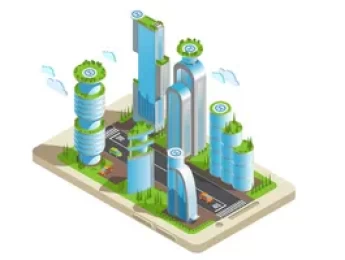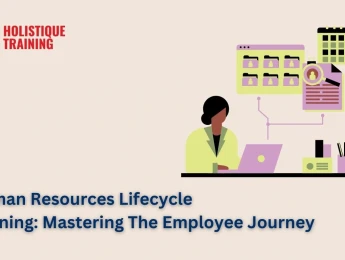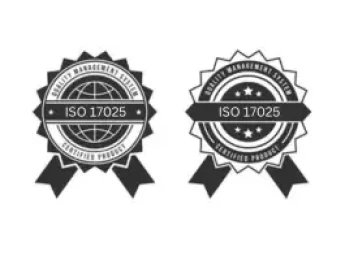As urban populations continue to grow, the need for sustainable, efficient, and technologically advanced cities becomes more pressing than ever. This advanced course delves into the principles and practices of designing and developing smart cities, equipping participants with the knowledge and skills required to drive innovation in urban environments. With a focus on integrating cutting-edge technologies, sustainable solutions, and forward-thinking strategies, the course offers a comprehensive exploration of how smart cities can enhance the quality of life for their residents while addressing critical challenges such as climate change, resource management, and urban mobility.
Participants will gain in-depth insights into the core technologies that underpin smart city development, including the Internet of Things (IoT), big data analytics, and renewable energy systems. The course also emphasises the importance of governance, policy frameworks, and stakeholder collaboration in shaping smart urban ecosystems. By combining theoretical concepts with real-world applications, participants will be prepared to design cities that are not only intelligent but also inclusive and resilient.
Through engaging discussions, case studies, and hands-on projects, professionals will learn how to implement innovative strategies for urban planning, infrastructure development, and citizen engagement. Whether you’re a city planner, technology expert, or policy advisor, this course provides the tools and frameworks needed to lead transformative change in the urban landscape. Join us in the global movement toward smarter, more sustainable cities.
Upon completion of this course, participants will be able to:
- Understand the key components and technologies of smart cities.
- Develop skills to plan and design smart city projects.
- Learn about sustainable urban development practices.
- Explore the role of data and IoT in smart city infrastructure.
- Enhance their ability to implement smart city solutions effectively.
This course is intended for:
- Urban planners and designers
- Civil engineers
- Government officials and policymakers
- Technology managers in urban development
- Real estate developers
- Graduate students in urban planning, engineering, and related fields
The course employs a blend of instructional methods, including:
- Interactive lectures
- Hands-on design and planning sessions
- Group discussions and case studies
- Expert-led Q&A sessions
- Comprehensive course materials and resources
Day 5 of each course is reserved for a Q&A session, which may occur off-site. For 10-day courses, this also applies to day 10
Section 1: Introduction to Smart Cities
- Overview of smart city concepts and definitions
- Key drivers and benefits of smart city development
- Global examples of successful smart cities
Section 2: Smart City Technologies
- Internet of Things (IoT) and its applications in smart cities
- Role of big data and analytics in urban planning
- Smart infrastructure: transportation, energy, and water management
Section 3: Sustainable Urban Development
- Principles of sustainable city design
- Integrating green technologies and renewable energy sources
- Urban mobility and smart transportation solutions
Section 4: Planning and Designing Smart Cities
- Developing smart city master plans
- Stakeholder engagement and participatory planning
- Case studies of smart city projects and initiatives
Section 5: Implementation and Future Trends
- Strategies for implementing smart city solutions
- Governance and policy frameworks for smart cities
- Emerging trends and future challenges in smart city development
- Course review and expert Q&A
Upon successful completion of this training course, delegates will be awarded a Holistique Training Certificate of Completion. For those who attend and complete the online training course, a Holistique Training e-Certificate will be provided.
Holistique Training Certificates are accredited by the British Assessment Council (BAC) and The CPD Certification Service (CPD), and are certified under ISO 9001, ISO 21001, and ISO 29993 standards.
CPD credits for this course are granted by our Certificates and will be reflected on the Holistique Training Certificate of Completion. In accordance with the standards of The CPD Certification Service, one CPD credit is awarded per hour of course attendance. A maximum of 50 CPD credits can be claimed for any single course we currently offer.
- Course Code IND04 - 123
- Course Format Classroom, Online,
- Duration 5 days












